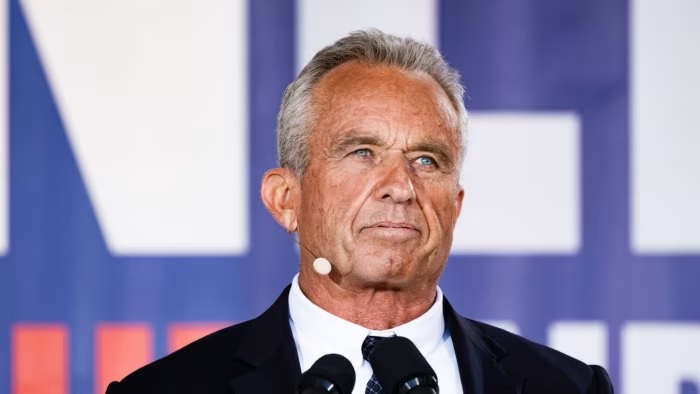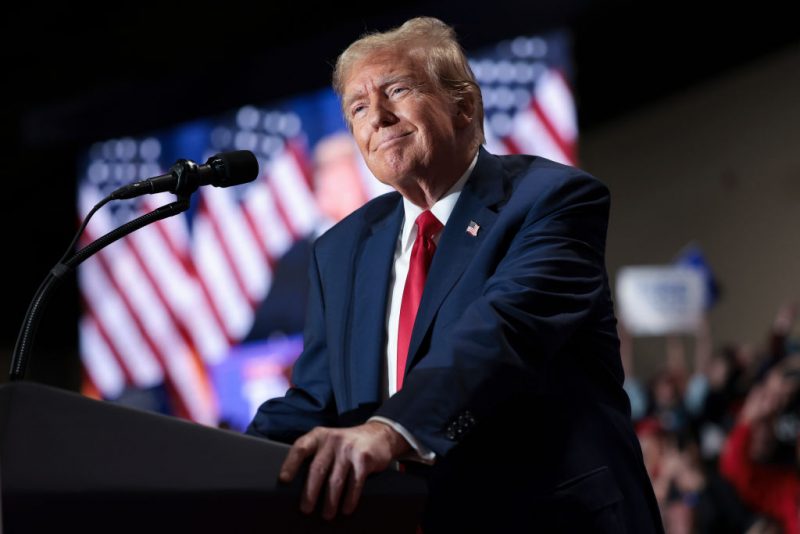Stocks in the food and pharmaceutical sectors plunged on Friday following President-elect Donald Trump’s nomination of Robert F. Kennedy Jr. to lead the Department of Health and Human Services (HHS).
If confirmed, Kennedy would oversee a nearly $2 trillion department responsible for federal health insurance programs and regulatory agencies governing food and medicine, including the National Institutes of Health (NIH), the Centers for Disease Control and Prevention (CDC), and the Food and Drug Administration (FDA). HHS has long been a hub for pharmaceutical industry influence, but Kennedy’s history as a vocal critic of Big Pharma has the industry bracing for transformative changes that could threaten its bottom line.
The Senate Finance Committee, whose members have received millions in pharmaceutical industry donations, will first vote on Kennedy’s nomination. According to a Federalist analysis of data from OpenSecrets, pharmaceutical companies contributed more than $6.7 million between 2019 and 2024 to members of the committee. Republican senators received more than twice the industry contributions of their Democratic counterparts.
Sen. Thom Tillis (R-NC) was the top Republican recipient with over $679,000 in contributions, followed by Sen. Bill Cassidy (R-LA) with more than $667,000 and Sen. Tim Scott (R-SC) with nearly $564,000. Among Democrats, Sen. Catherine Cortez Masto (D-NV) led with nearly $460,000, followed by Sen. Maggie Hassan (D-NH) with over $360,000 and Sen. Ron Wyden (D-OR) with close to $352,000.
Despite the financial ties, some lawmakers have shown independence from pharmaceutical interests. Sen. Ron Johnson (R-WI), who received more than $124,000 from the industry over five years, has been a vocal critic of Big Pharma. Johnson hosted a Senate roundtable led by Kennedy in September, where Kennedy condemned the health care system’s reliance on profits from sickness.
“If America fails,” Kennedy said at the event, “the chief reason will be because we let our country get sicker, more depressed, fatter, more infertile at an increasing rate while crippling our national security, bankrupting our national budget with health care costs.”
“Every major pillar of the U.S. health care system,” Kennedy added, “makes money when Americans get sick.”
Johnson has already pledged his support for Kennedy’s confirmation. “I think he’ll do an extremely good job because it’s kind of hard to refute the truth, and he’ll be laying out many truths,” Johnson said on a Wisconsin radio program.
Meanwhile, pharmaceutical lobbyists are likely mobilizing to sway undecided senators. While most Republicans on the committee have remained silent on Kennedy’s nomination, the industry’s contributions underscore the stakes of the upcoming vote.
 Telegram is where we really talk. Don't miss out!
Telegram is where we really talk. Don't miss out!







